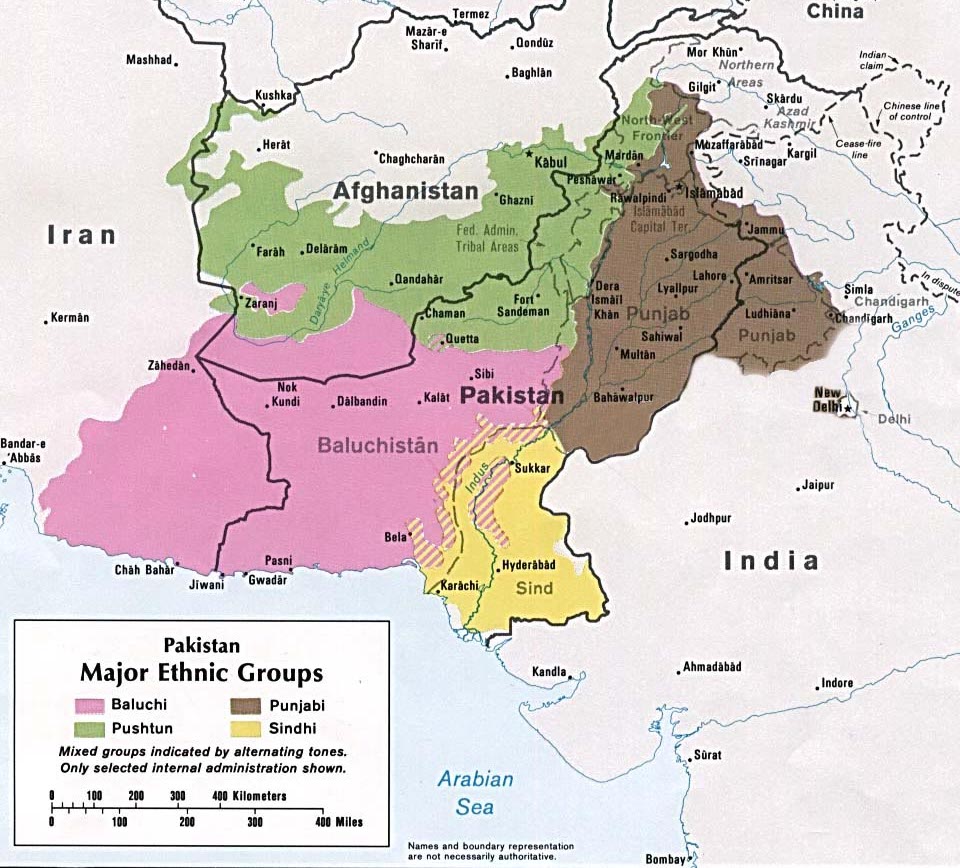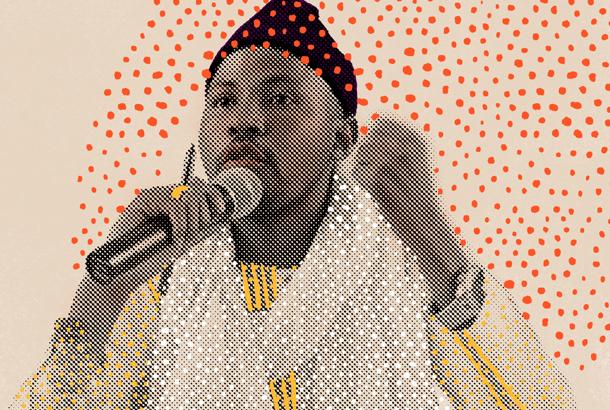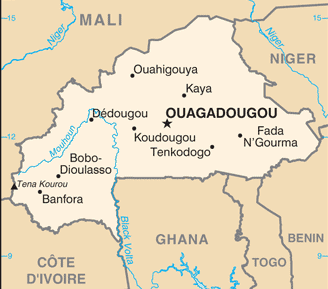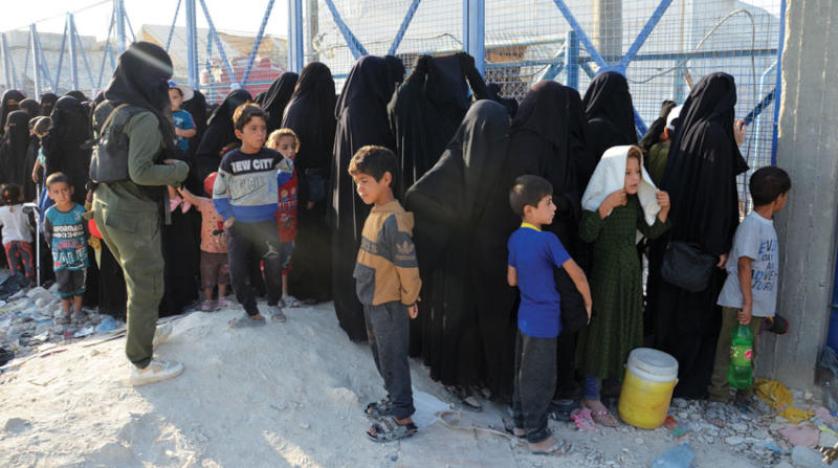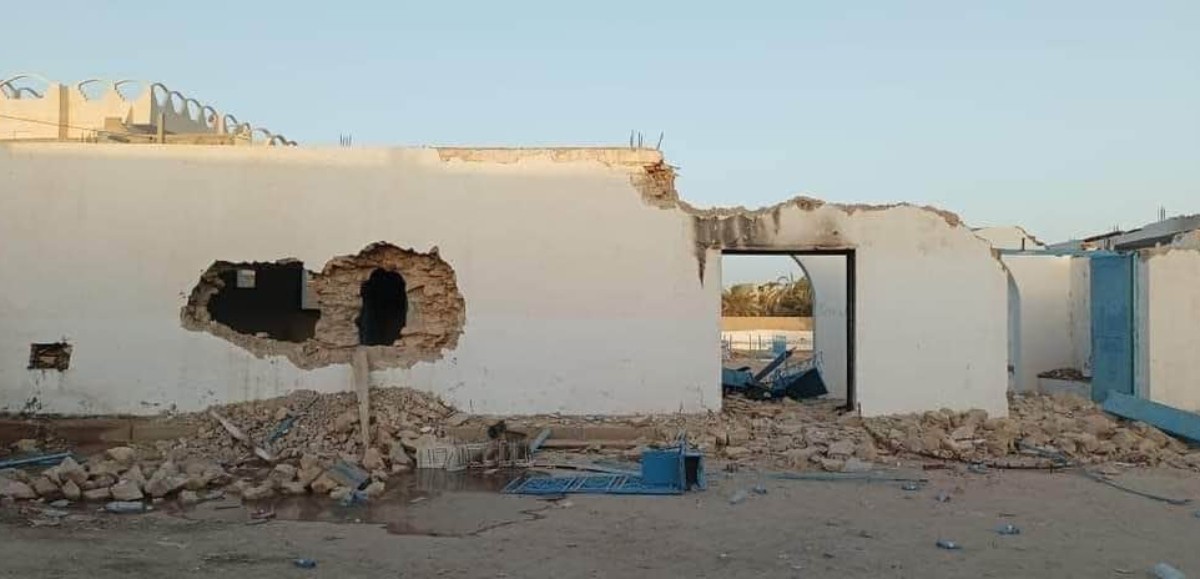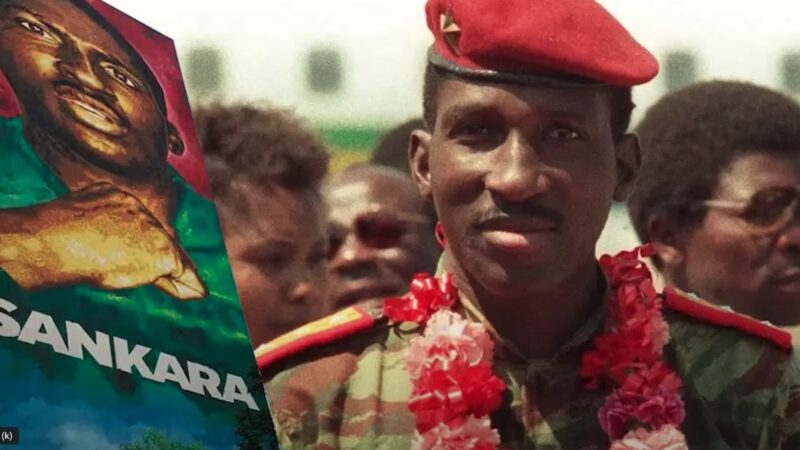
China moves toward recognition of Taliban regime
Chinese President Xi Jinping officially accepted the credentials of the envoy to Beijing from Taliban-ruled Afghanistan—a clear step toward recognition of the regime. A month before that, Wang Yi, the Chinese foreign minister, visited Kabul to meet with Taliban foreign minister Amir Khan Muttaqi—the highest-level meeting between China and the Taliban regime since its return to power in 2021. China has already struck hydrocarbon deals with the Taliban, and has been eyeing Afghanistan’s lithium, copper and rare-earth metal mines. This is in line with Beijing’s perceived design to establish control over the planet’s rare earth minerals. (Map: Perry-Castañeda Library)




